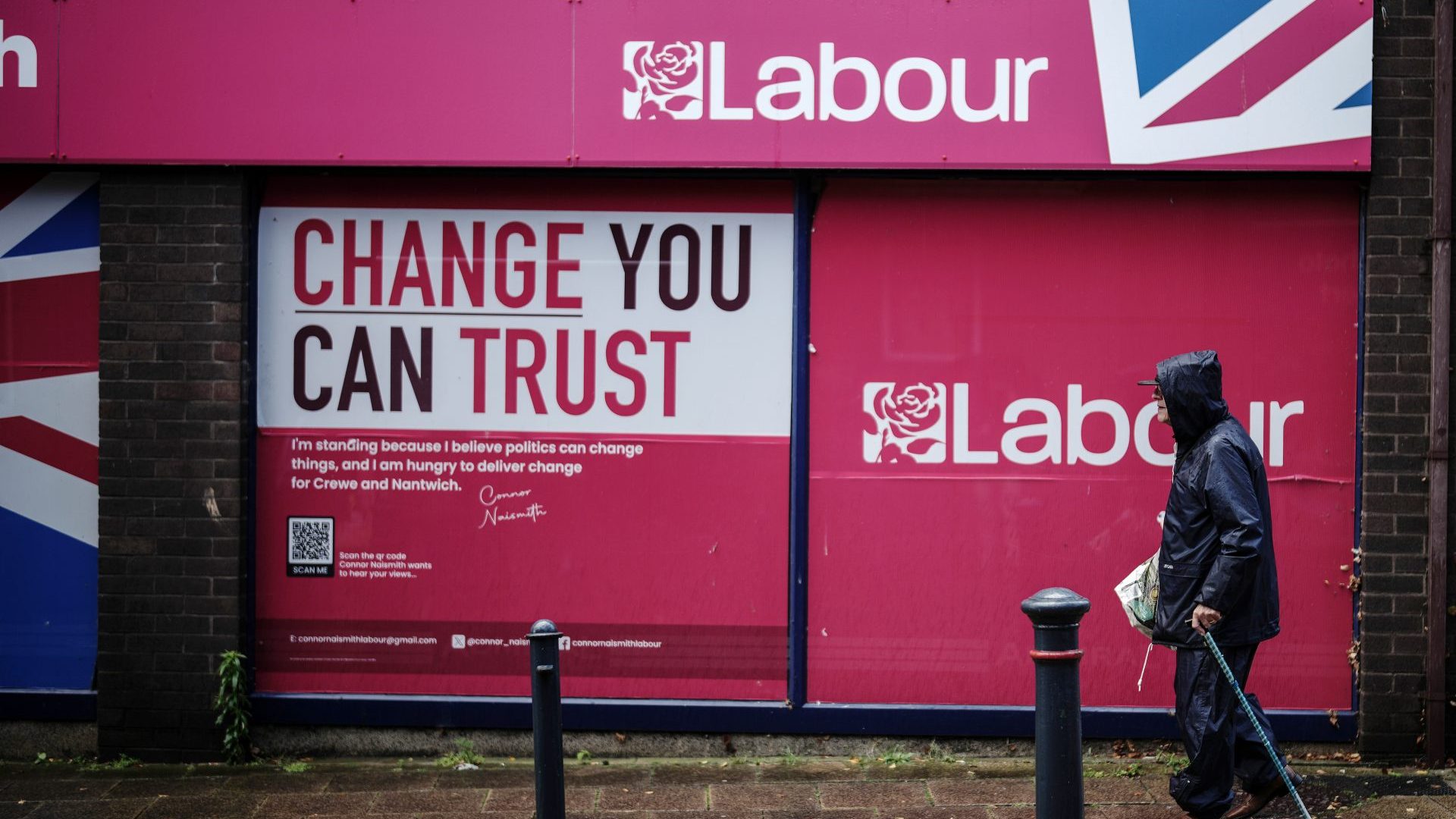There was Rachel Reeves, desperately trying to fill the gaping £22bn hole in the government’s finances left by the Conservatives, looking for a bit of good news at the end of summer. Then the Office for Budget Responsibility (OBR) stepped in and told her the black hole was a mere bagatelle. She hadn’t seen anything yet.
Thanks to years of decay and denial, the UK’s national debt is already at almost 100% of GDP. The OBR now thinks that on our current course it will reach 274% of GDP in 2071 – and that’s if everything goes to plan. Another major shock like Covid would put it past 300%.
As the OBR’s David Miles put it, “With unchanged policies and growth as mediocre to poor as it’s been in the last couple of decades, something’s got to give.”
The OBR’s nightmare scenario is based on four major disastrous trends: longevity, climate change, international tension and, above all else, weak economic growth.
Britain’s ageing population is caused by increasing life expectancy and a declining birth rate – taken together, those things are an economic disaster of the first order. It means that the demands on the state increase every year.
So spending on health and care must rise, pensions are paid for longer, and pensioners scream blue murder if you ever try to reduce their benefits, or heaven forfend, tax them. More than a quarter of all pensioners are now millionaires.
Then there is climate change, which will hit us in numerous ways, all of them very expensive. The cost of moving to net zero is huge and so is the costs of trying to reduce climate damage by hardening our infrastructure, improving housing, building flood defences, and changing cities as temperatures rise.
Next, increasing global volatility means that defence spending is most likely going to have to rise significantly. Even the current “aspiration” to increase it to 2.5% of GDP is now looking increasingly difficult – and it is not even included in these figures.
Finally, without much higher growth and productivity we will not be able to pay for any of this. This is the key.
Remember that the economy has already been in the doldrums for 16 years. The credit crunch and financial crisis of 2008 didn’t just cost us billions to bail out the banks.
In the longer term, it has acted as a drag-anchor on economic growth, productivity, wages and wealth. The austerity of the Cameron-Osborne years was yet another economic disaster. Growth rates have never returned to their pre-2008 levels.
We all know that we are not as wealthy as we thought we would be, our personal finances tell the story. Between the credit crunch in 2008 and 2022, average household disposable income in the UK rose by 8%, to £39,000 a year. But, in the 14 years before 2008, average income rose by 46%. If that trend had continued the average home in this country would have £53,000 a year to spend, not £39,000.
The same is true for government. Every year that growth and tax revenue are lower than expected, the government has to either cut spending, raise taxes or borrow more. All the OBR has done is look further forward and point out how disastrous the current trend is.
There is, however, a way out of this 50-year crisis. We have to act more quickly, and grow much faster. The OBR lays out the options very clearly.
Limiting the rise in global temperatures to less than 2C could reduce the forecast debt-to-GDP ratio by 10%. Improving the health of the population could reduce that debt ratio by a further 40%.
Every 0.1% improvement in GDP growth would reduce the increase in debt by 25%. A 1% increase in annual productivity growth would keep the national debt “below 100% of GDP throughout the next 50 years”.
The new government’s emphasis on increasing the long-term growth rate is so important and welcome, but it is a mammoth task. We need to invest far more; in green power, in infrastructure, in training and health and in new technology. British firms need to invest more too, and yet despite ever-larger tax incentives they are still sitting on their money.
The education and training systems of the country need a complete overhaul, the failure to build enough housing is a huge drag on growth, apprenticeship schemes need to expand, we need an industrial strategy, a better pension system and stock market, better and cheaper utilities, more foreign investment and more immigration.
Immigration is an aid to growth, despite what the far right tells you, and there is no way we can grow more quickly without more skilled people – and many of those will have to come from abroad.
In short, we have wasted 14 years and now the new government is being asked not just to fix the current state of the nation but to reform it wholesale in order to avoid a disaster down the line.
Keir Starmer said recently that he could see light at the end of the tunnel. But as the OBR makes clear, that light could well be an oncoming train.




